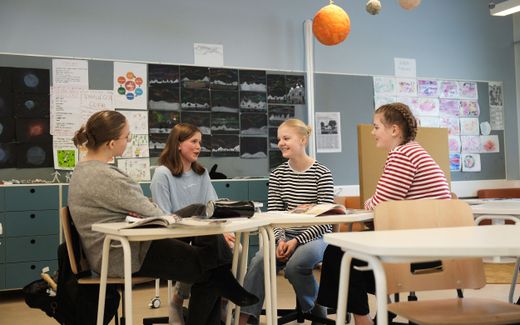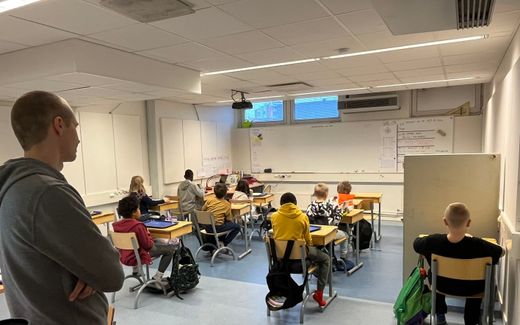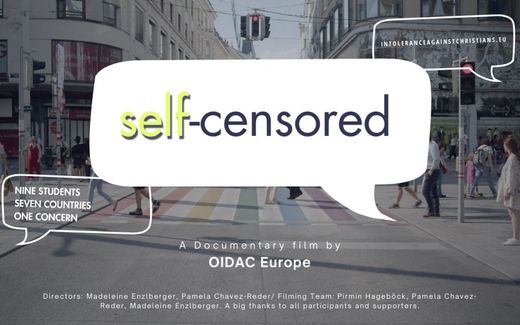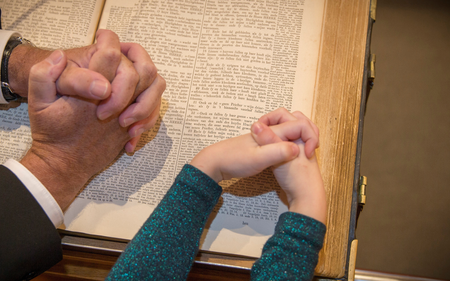This happens in an EU country: School blocks Messiah because of Christian content
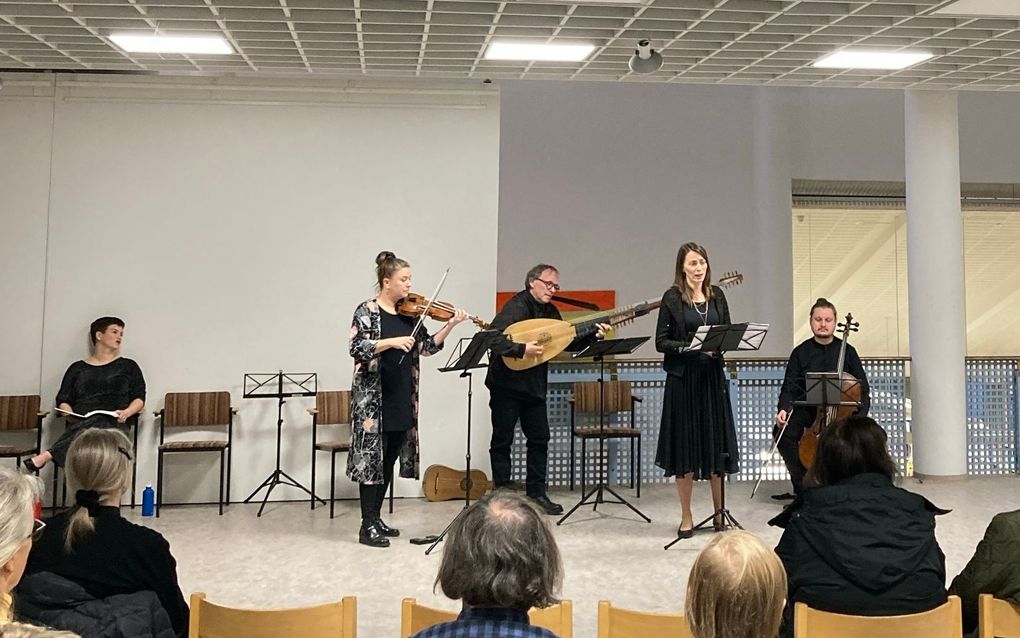
The Finnish Baroque Orchestra studying for the canceled Messiah performance. Photo Twitter, FiBO
Northern Europe
Believers and non-believers in Finland are surprised by the news that a primary school cancelled a concert with the Messiah. The school is afraid of having to pay compensation to students who do not want to attend religious events, just like another school had to. The government thinks the principal is “overreacting”.
Stay up to date with Christian news in Europe? Sign up for CNE's newsletter.
Finnish schools are supposed to keep religious elements out. But what to do with famous Christian music, such as Händel's Messiah? The past weeks, this issue caused division.
For many people, the majestic Hallelujah of Händel's well-known Messiah, is a highlight of the Advent period prior to Christmas. However, some Finnish children will not be able to hear it. The first week of November, their school refused to take them to a concert of the famous composer, Helsingin Sanomat writes. The reason? The Messiah consists of texts from the Bible and tells about the life of Jesus.
1500 euron hyvitysmaksu syrjinnästä, kun uskonnoton lapsi kuuli vahingoissa laulun Jeesuksesta. Onko arkijärjen käyttö kadonnut? Samaan aikaan kouluissa juhlistetaan Halloweenia noitien ja zombiehahmojen kera. Miten Jeesuksesta kertova laulu voidaan kokea näin vaaralliseksi?
— Päivi Räsänen (@PaiviRasanen) October 31, 2024
The principal who cancelled the event for the children of the primary school in Nyland denies knowing the content of the concert in advance. Astrid Kauber, the director of Education of the Municipality of Kirkkonummi, explained to Helsingin Sanomat that the Board of Education in Finland requires schools to inform parents about activities of the school in advance. That way, the parents can notify the school if they do not agree with the event. If necessary, the school must then make other arrangements for the children in question.
However, the principal of the school in the region of Helsinki only heard about the content of the concert a couple of days beforehand, Kauber said. "The principal felt that he wouldn't have time to reach all the guardians in a couple of days and organise a replacement program for those who don't want to participate in the concert."
Religious references
Nevertheless, the cancellation caused an uproar in Finland. The Finnish baroque orchestra that performs the concert was shocked, Laura Kajander, executive director of the orchestra, said to Helsingin Sanomat. She pointed out that it has never happened before that a school cancelled a concert because of religious references in the music.
Yet, another school got into trouble because of religious music. In the city of Hämeenlinna, a student received 1,500 euros of compensation because he had to attend a performance in which religious songs were sung Italehti writes.
In the spring of 2023, the 8-year-old pupil listened to music about the crucifixion and death of Christ, and atonement of sins, whereas the mother of the child thought that the concert would not be confessional. The principal of the school had not predicted that the concert would lead to any problems. However, during the concert, it became clear that spiritual music was part of the programme, the Board explained.
The Equality and Equity Board ruled in October that the student was "practically forced" to participate in the activity, the newspaper reports. It argued that no one should be obliged to participate in religious practices that are against his or her conscience.
In addition, the Board concluded that the city of Hämeenlinna did not do its best to promote equality by organising a concert that included Christian songs. It also disliked the fact that the school had organised a concert that "marketed the church's activities."
It was the first time that a decision like this was made in Finland. Even though the decision of the Board was not legally binding, the city decided to comply and paid the student compensation.
Worship
In Finland, public schools are strictly secular. The law forbids teaching lessons with religious elements, headmaster Henrik Vähäkangas from the Finnish town of Vaasa told CNE earlier. Praying is forbidden, and teachers are not allowed to sing Christian songs with their students or organise communal moments of worship.
However, the Finnish Minister of Education, Anders Adlercreuz, has said that organising a Messiah concert is not forbidden by law. He pointed out that this is about cultural history and not about religion, Svenska writes. "I feel that the school here has overreacted. I think the National Board of Education would not lead to this kind of interpretation", he stated. According to the Minister, it is obvious that cultural history is influenced by Christianity, as churches used to play an important role in society.
"If we now look at Renaissance painting or sculptural art – it has ecclesiastical elements. Baroque music such as that of Bach and Händel is also often rooted in religion, and they often made religious works."
Adlercreuz stressed that, in this case, the value of musical history weighs more than the religious elements in the text.
When asked about the similarities between the two cases mentioned above, the Minister denied any connection between the two. "I think you can interpret the decision of the Norwegian Board of Education [about the pupil that received 1,500 euros of compensation, ed] in such way that it should not be unclear whether an event is optional to attend."
Fear
Laura Kajander, executive director of the orchestra, calls for clearer guidelines. She notices that principals are afraid of consequences if they organise concerts or other events that may contain religious elements. "There is a fear of what should be completely normal cultural consumption."
Christian Democratic MP Päivi Räsänen is also worried about recent developments. She called the decision of the Education Board to order compensation for the 8-year-old student in Hämeenlinna "strange and worrying". “There could come a fear of anything related to Christian culture in various art events and concerts”, she said, as reported by the website of her party.
Just like Kajander, Räsänen points out that this is part of a trend where schools are very careful with including elements in their teachings that may have a Christian reference, for example with the Christmas celebrations. She believes that it is harmful, because you cannot separate Christian culture entirely from the Finnish cultural tradition. "This is how our society is structure and that information belongs to all students."
Related Articles



